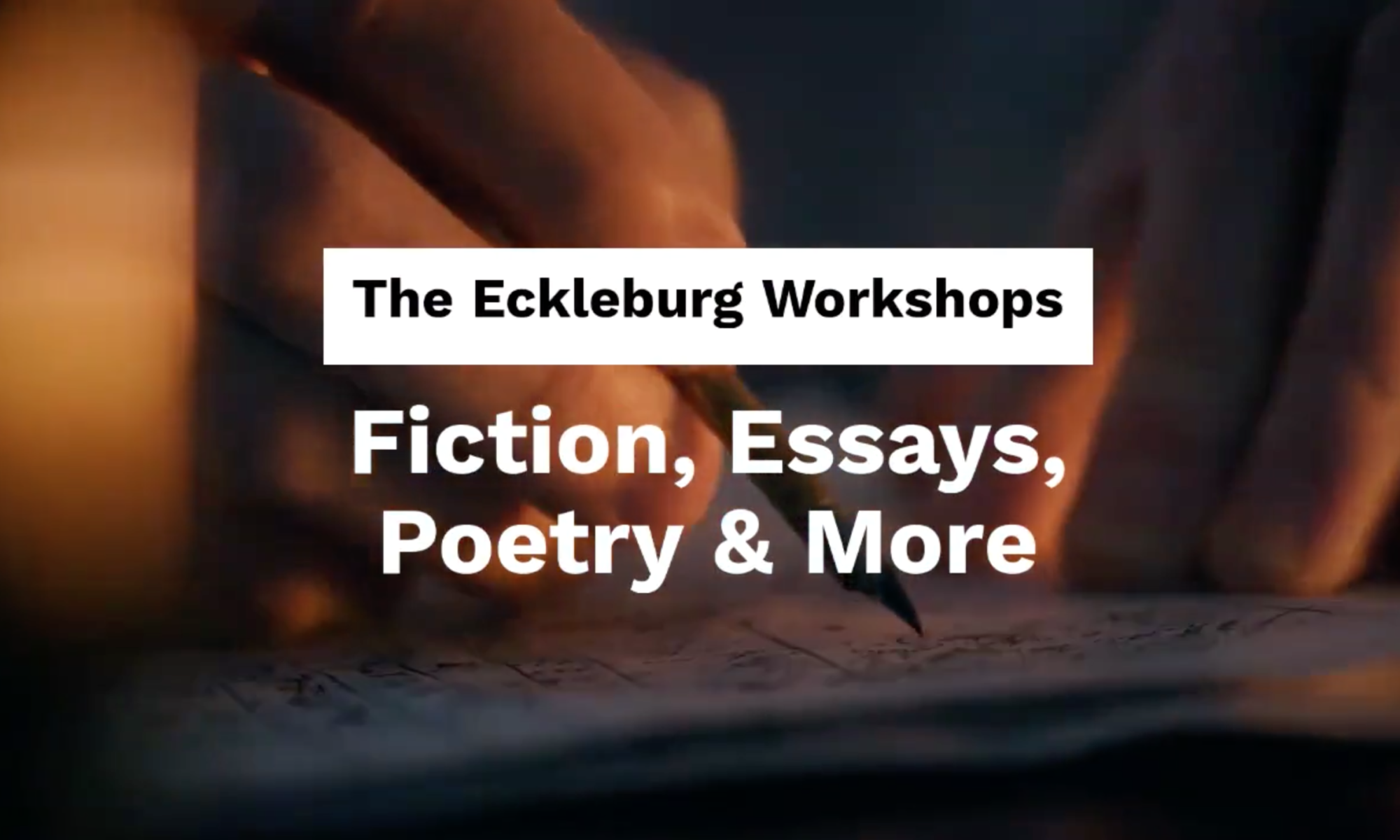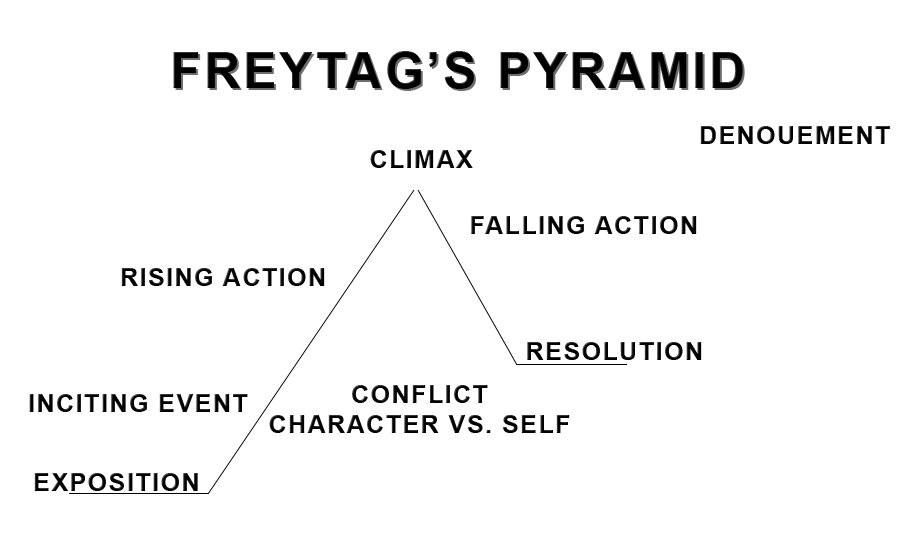A story is a series of events recorded in their chronological order. A plot is a series of events deliberately arranged so as to reveal their dramatic, thematic, and emotional significance. A story gives us only “what happened next,” whereas plot’s concern is “what, how, and why,” with scenes ordered to highlight the workings of cause and effect… E. M. Forster distinguishes between plot and story by describing story as:
the chopped off length of the tape worm of time… a narrative of events arranged in their time sequence. A plot is also a narrative of events, the emphasis falling on causality. ‘The king died, and then the queen died,’ is a story. ‘The kind died, and then the queen died of grief,’ is a plot. The time sequence is preserved, but he sense of causality overshadows it. Or again: ‘The queen died, no one knew why, until it was discovered that it was through grief at the death of the king.’ This is a plot with a mystery in it, a form capable of high development. It suspends the time sequence, it moves as far away from the story as its limitations will allow. Consider the death of the queen. If it is in a story we say, ‘and then?’ If it is in a plot we ask, ‘why?'” (Writing Fiction)
Freytag’s [frī-täks] Pyramid
Gustav Freytag was a 19th century German novelist. He recognized patterns in many stories and developed the following diagram as a basic schematic for storytelling:
Literary narratives or character-based narratives will often focus the plot and climax on internal conflicts (character versus self) more so than external conflicts, though, external conflicts will inform the internal conflicts. In a literary narrative, the peak of the climax will be less pronounced and in literary novels, the pyramid will often take a multitiered structure. Imagine several pyramids, one after another, overlapping. In a short short fiction narrative, the pyramid will often begin close to the climax, giving the reader very little exposition, rising action and so on.
More formulaic storytelling, such as romance and crime narratives will often focus the plot on external conflicts as much or more so as the internal conflict (character versus self). At The Eckleburg Workshops, we focus on character-based, literary aesthetics and narratives, though, we value and encourage crossover aesthetics as long as the narrative has a character-based focus.
Submit Your Work for Individualized Feedback
Please use Universal Manuscript Guidelines when submitting: .doc or .docx, double spacing, 10-12 pt font, Times New Roman, 1 inch margins, first page header with contact information, section breaks “***” or “#.”
Sources
The Age of Insight: The Quest to Understand the Unconscious in Art, Mind, and Brain, from Vienna 1900 to the Present. Eric Kandel.
The Banalization of Nihilism: Twentieth-Century Responses to Meaninglessness. Karen L. Carr.
A Handbook to Literature
“Cogito et Histoire de la Folie.” Jacques Derrida.
Cognitive Neuropsychology Section, Laboratory of Brain and Cognition.
Eats Shoots and Leaves: The Zero Tolerance Approach to Punctuation
The Elements of Style.
Beginning Theory: An Introduction to Literary and Cultural Theory. Peter Barry.
Critical Theory: A Very Short Introduction. Stephen Eric Bronner.
Critical Theory Today: A User-Friendly Guide. Lois Tyson
The Critical Tradition: Classic Texts and Contemporary Trends. David H. Richter.
A Handbook to Literature
Literary Theories and Schools of Criticism. Purdue Online Writing Lab.
New Oxford American Dictionary
The Norton Anthology of World Literature
The Norton Introduction to Philosophy
Woe is I: The Grammarphobe’s Guide to Better English in Plain English
Writing Fiction: A Guide to Narrative Craft
Writing the Other




